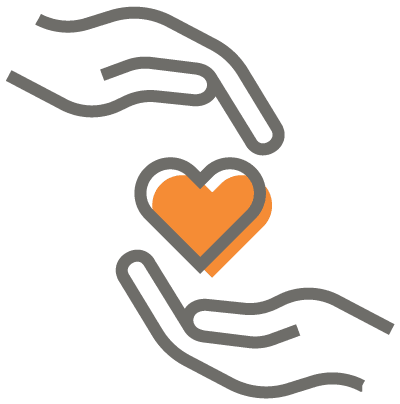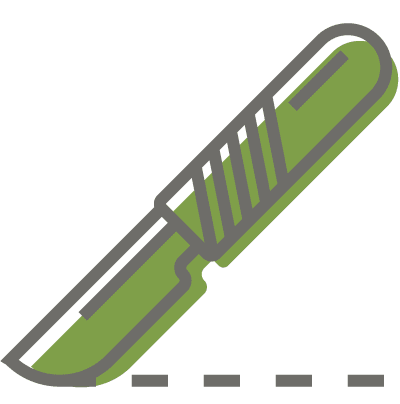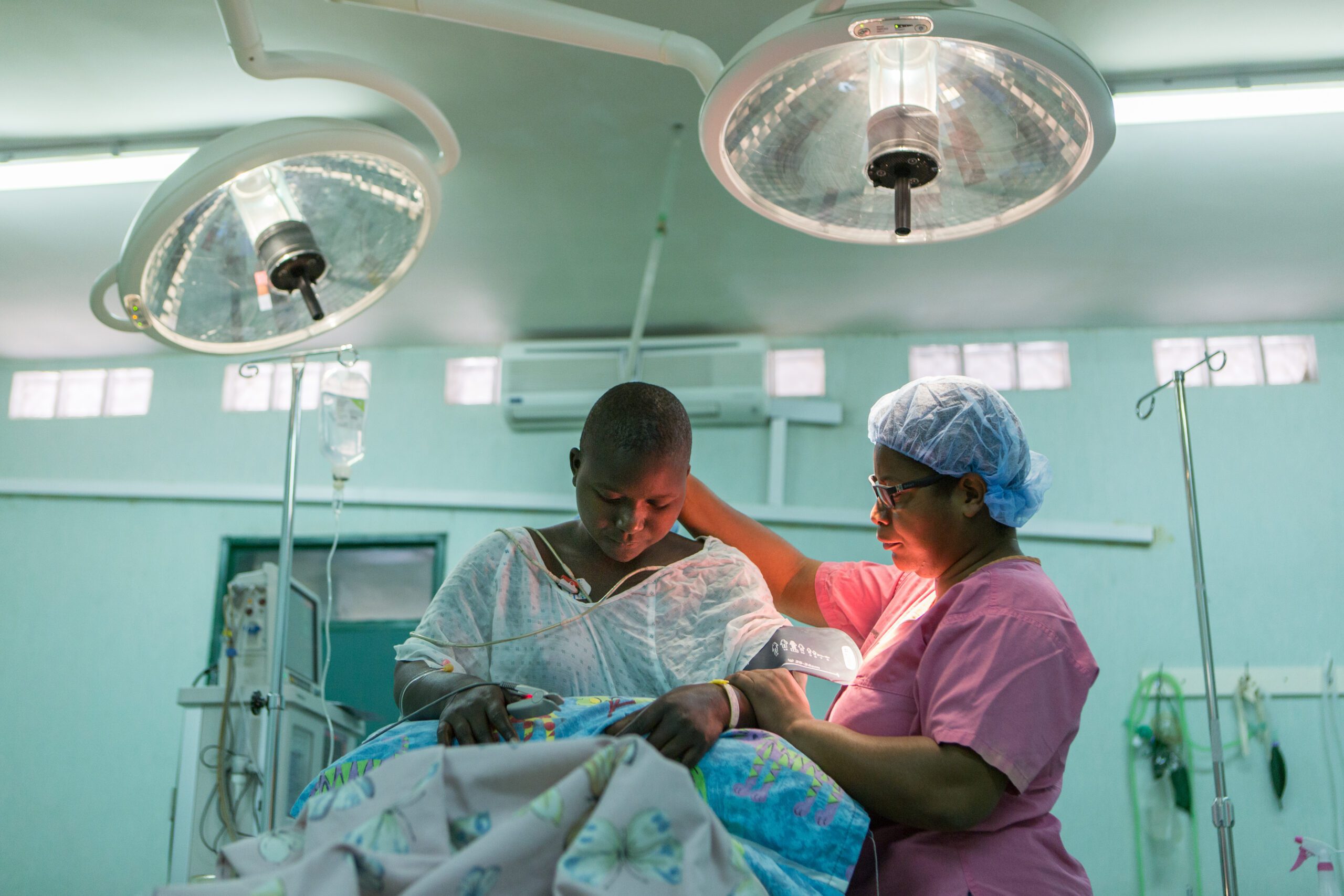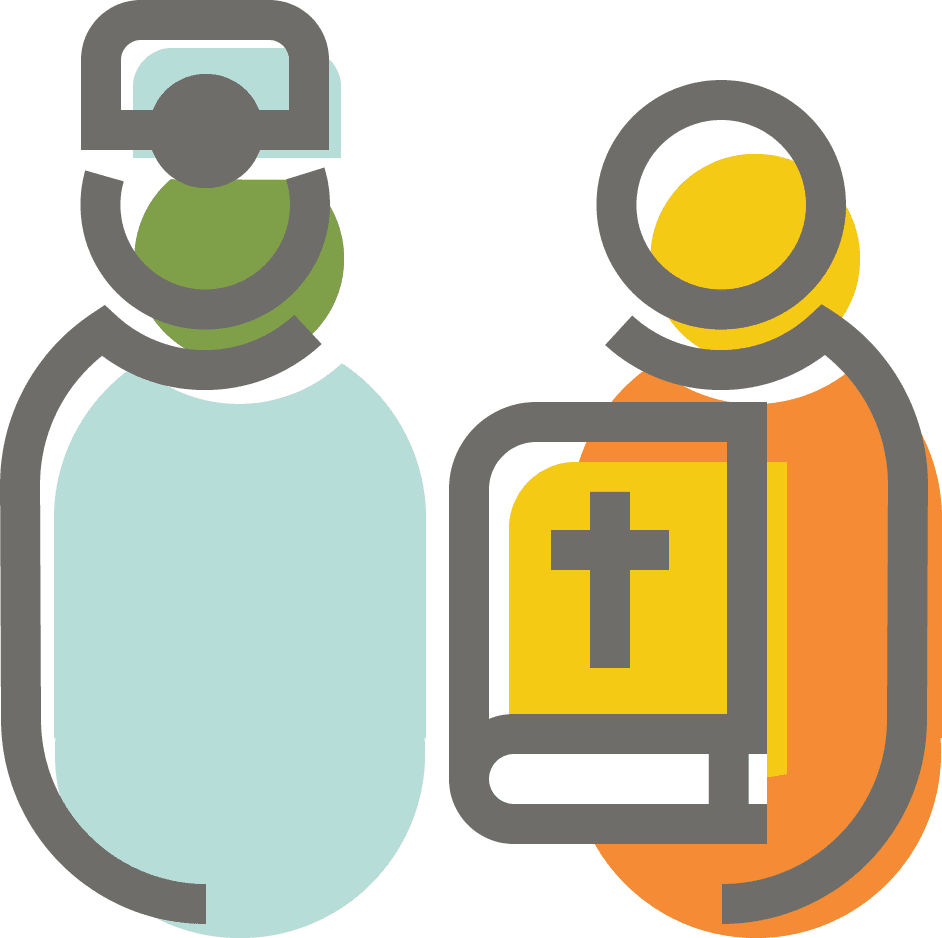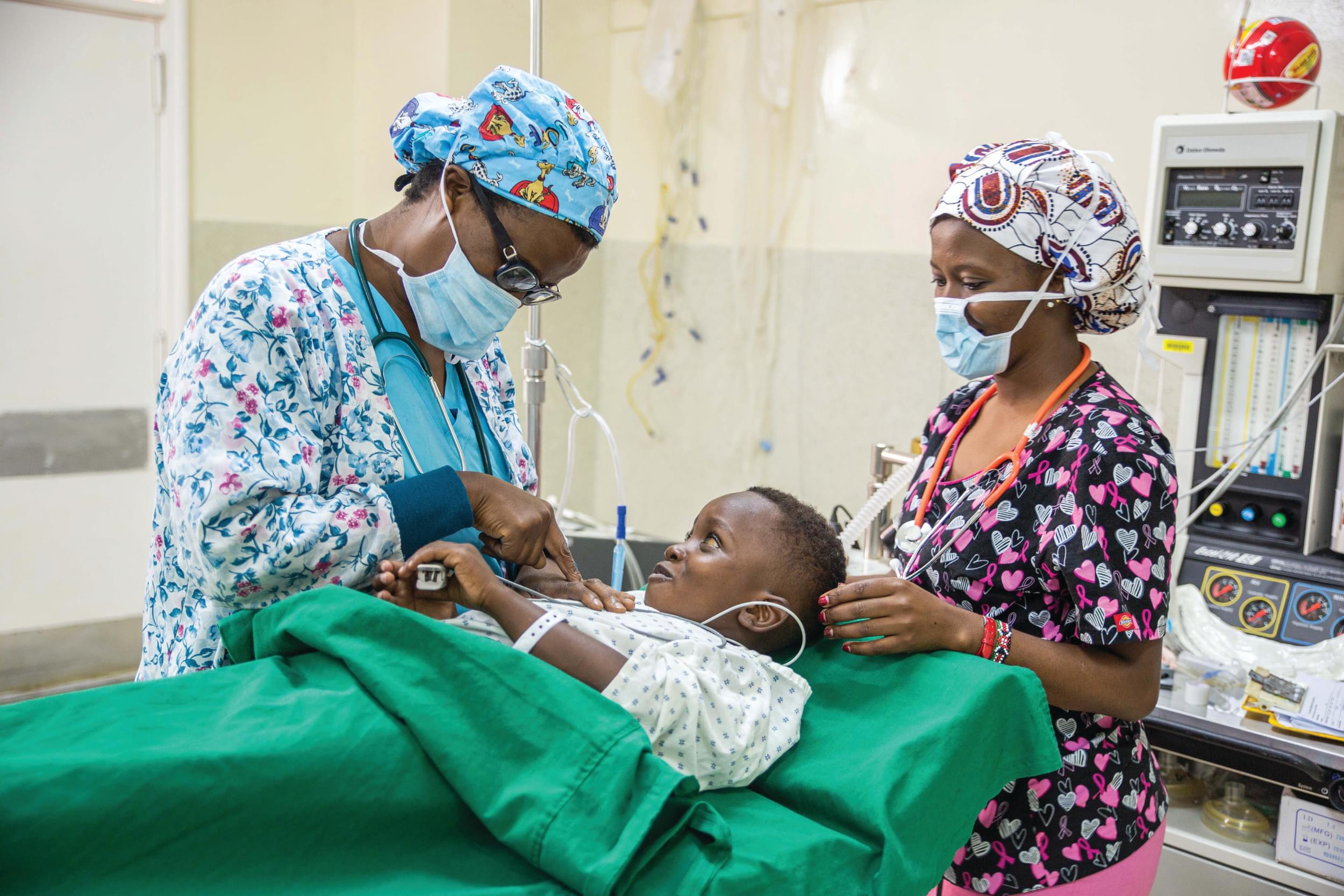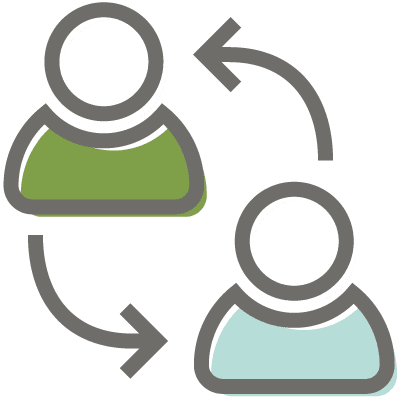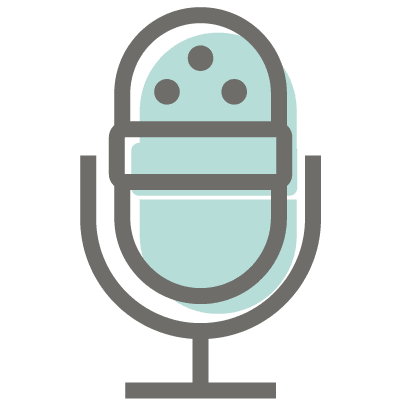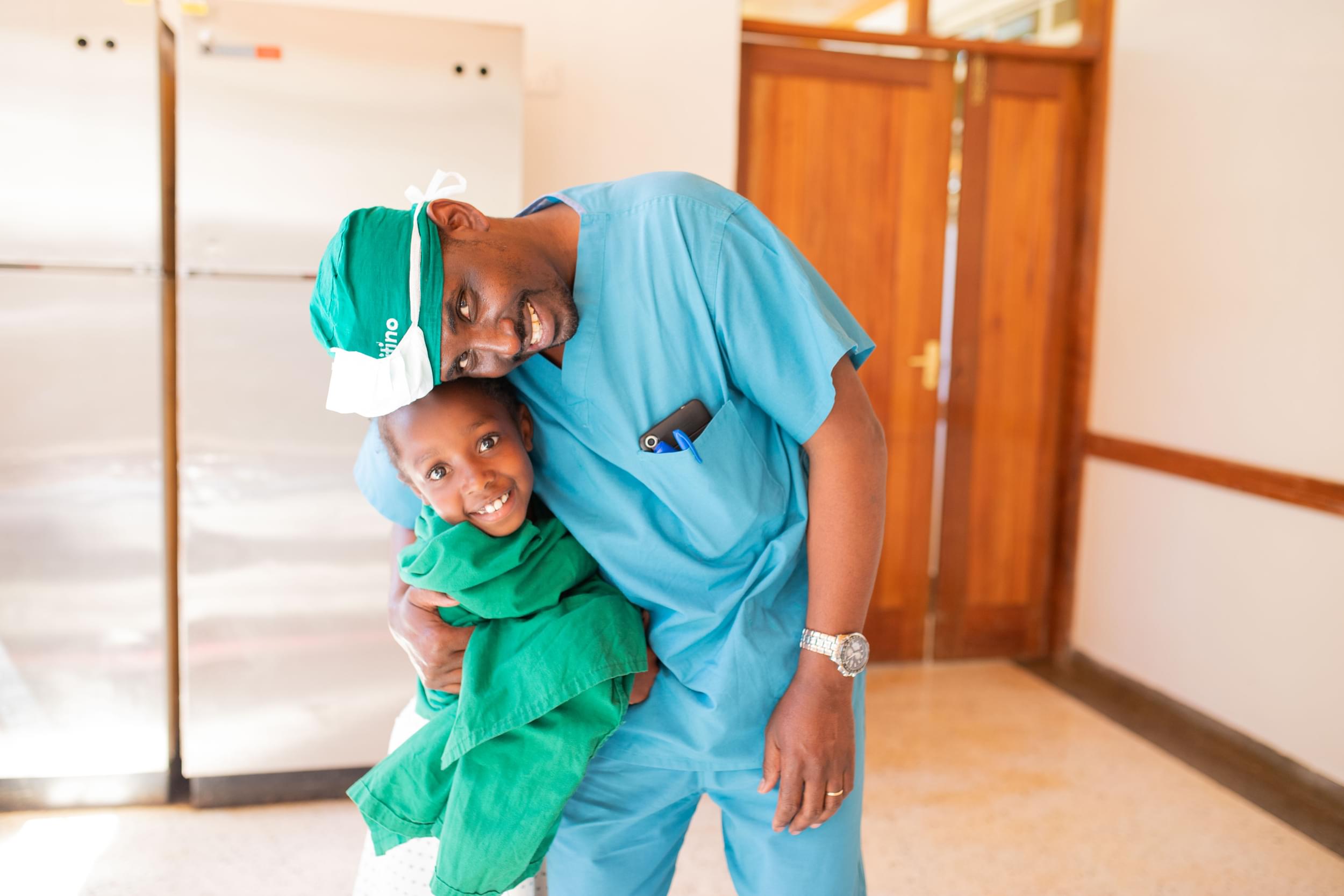Impact of musculoskeletal impairment on the lives of school-aged children in Ethiopia: a prospective mixed-methods study
Abstract
Background: WHO estimates that more than a billion people live with some form of disability and most of them live in the developing countries. The American Community Survey states that 5.6% of children between the ages of 5-17 live with disability. The situation in Ethiopia is not studied and most of the data on disability comes from the population census conducted every ten years. In this study we report on the impact of musculoskeletal (MSI) on the lives of school age children in Ethiopia.
Methods: This was a prospective mixed qualitative and quantitative research. The study was conducted at CURE Ethiopia Children’s hospital which is a specialized pediatric orthopedic hospital that provides free orthopedic care for children. The research was approved by the CURE IRB and a written consent was obtained from the participants. Children between 5 and 14 with acquired or congenital musculoskeletal impairment were interviewed using pretested questionnaires. We also conducted two focus group discussions conducted at a rural as well as an urban setting which were all recorded and translated to English.
Results: A total of 55 children with MSI were interviewed and 37 parents, 3 teachers and a physiotherapist were involved in the focus group discussions. These families spend a significant amount of their income for transport to the hospital and 68.3% reported getting that money was difficult. A third of these children do not go to school or have dropped out but the number goes to 69.2% when it comes to children with mobility problems. Over 80% of these children also reported abuse from peers. The three most important challenges that stood out during the focus group discussion were indignity and exclusion, financial struggles, and challenges in schools.
Conclusions: This study highlights the most important challenges of children with musculoskeletal impairments are indignity and exclusion, financial struggles at home and challenges in school. Ethiopia is one of the countries that have legally committed themselves to delivering comprehensive rehabilitation services for people living with disabilities. The issues identified in our study can be considered as part of the comprehensive rehabilitation services and they need to be addressed properly with the concerned parties in order to improve the life and future of children with musculoskeletal impairments and their families.

